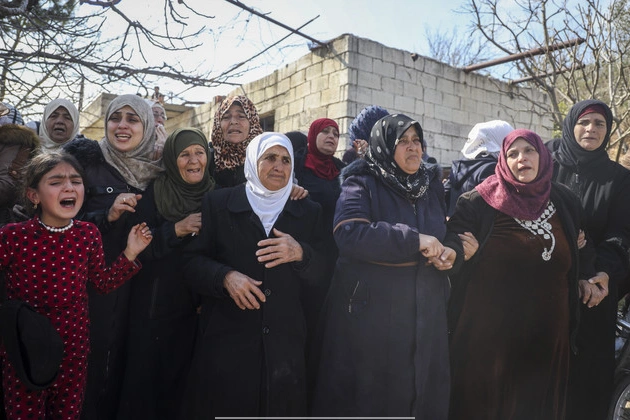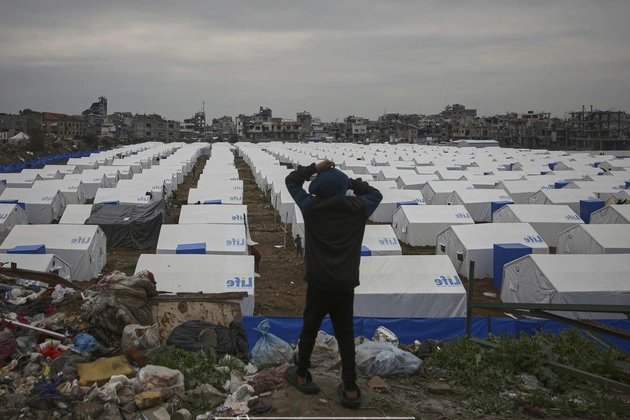
Qatar Agreement to Release Israeli Hostage and Allow Palestinians into Northern Gaza
Qatar confirmed an agreement early Monday to release an Israeli civilian hostage and enable Palestinians to return to northern Gaza. This development marks progress in the fragile ceasefire between Israel and Hamas.
Details of the Agreement
The statement from Qatar, a mediator in the ceasefire talks, outlined that Hamas will release the civilian hostage, Arbel Yehoud, and two others before Friday. Simultaneously, Israeli authorities will facilitate the return of Palestinians to northern Gaza on Monday.
Implementation Plan
Israeli Prime Minister Benjamin Netanyahu’s office announced that the hostage release, including soldier Agam Berger, is scheduled for Thursday. Moreover, Israel’s military specified that Palestinians can start moving north on foot at 7 a.m.
Ceasefire Challenges
Initially, Israel was set to allow Palestinians to return to northern Gaza on Saturday as part of the ceasefire terms. However, this was delayed due to Yehoud’s situation, leading to accusations of agreement violations from both sides.
As part of the ceasefire agreement’s first phase, Israel was supposed to start enabling the return of Palestinians to northern Gaza. The delay caused tensions as the release process was stalled.
Humanitarian Concerns
Thousands of Palestinians are waiting to move north through the Netzarim corridor in Gaza. Tragically, Israeli forces fired on the waiting crowd, resulting in casualties. This incident underscores the urgency of resolving the situation peacefully.
International Response
President Donald Trump’s suggestion of relocating Gaza’s population to neighboring countries faced swift rejection from Egypt, Jordan, and the Palestinians. The proposal raised concerns about the refugees’ future and the region’s stability.
Hamas’ Position
Hamas officials emphasized their rejection of any resettlement plan, highlighting the importance of lifting the blockade for Gaza’s reconstruction and development. The conflict’s resolution hinges on addressing fundamental humanitarian needs and ensuring a sustainable peace process.
Challenges Ahead
While the ceasefire presents an opportunity to end the prolonged conflict, significant hurdles remain. The release of hostages and prisoners is a critical step, but broader issues of security and long-term peace must be addressed in the subsequent phases of the ceasefire agreement.
Efforts to rebuild trust and establish lasting peace require a comprehensive approach that addresses the root causes of the conflict. Both sides must commit to constructive dialogue and sustainable solutions to prevent further escalation of hostilities.















